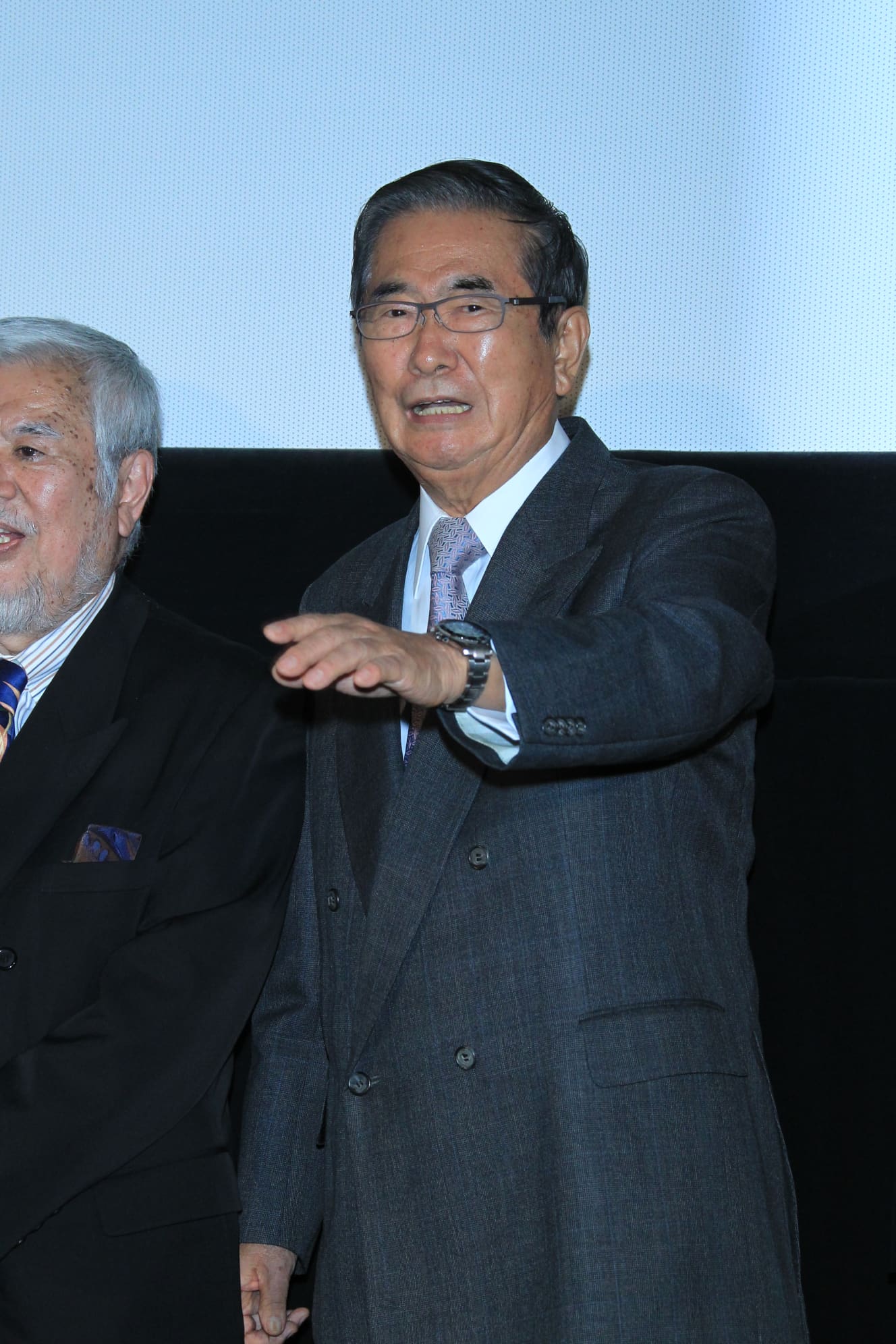Shintaro Ishihara’s “deep pockets” in not distinguishing between “big” and “small” media
He was a member of the Diet, a governor of Tokyo, and a writer. He was a man who had such a towering presence that his history and titles were completely overshadowed.
Shintaro Ishihara has passed away at the age of 89.
I skimmed through the newspaper and TV commentaries, but the treatment of his personality focused on the Tokyo Marathon, the Tsukiji site relocation, diesel emission regulations, and the Senkaku Islands issue.
Mr. Ishihara was a man who did not “discriminate” against the media. To be more precise, he may have discriminated against them. He would say provocatively, “I don’t like NHK,” or “Asahi is …….”
On the other hand, he didn’t mind being interviewed by media that dealt with pornography and the yakuza, such as “Asahi Shukan Geinojo” and “Naigai Times. He didn’t make distinctions based on the size of the media or the number of copies sold. In that sense, he was a man with deep pockets.
At the time of his death, I was reminded of one comment that the major media failed to mention. I think it was a brilliant statement that proved his journalistic viewpoint.
On March 11, 2011, the Great East Japan Earthquake struck. Tokyo’s transportation network was crippled.
The way JR East behaved at that time, it was slashed and discarded. At that time, JR East let the passengers out of the station and closed the shutters because they could not operate the trains.
The public accepted this as a normal action in times of disaster, and there was no media criticism. However, Mr. Ishihara was different.
He was one of the first to call this action into question. It was Mr. Ishihara who denounced JR East at a press conference and pointed out that the problem was one that the management should take responsibility for and lead.
The ability to see through the problems of reality, that is what makes one a literary person and a sharp observer.
Many companies, including JR East, have since changed their response to the earthquake. They stocked up on beverages and food, and set up a system to provide blankets and other items to protect the body if any were needed. Mr. Ishihara’s point became a truly symbolic example of how he changed and revolutionized the world.
Mr. Ishihara, who called himself the “Runaway Mere Old Man,” was a rare gem who continued to raise objections without thinking of self-preservation. He was a man of mixed emotions, but I believe again that the media should learn a lot from his power of awareness. Congratulations.
Text: Watabe Wataru
After working as a desk clerk for the culture department of an evening newspaper, an editorial staff member at a publishing company, and a copywriter, Watabe became a freelance entertainment writer. He covers all aspects of the entertainment industry, including film, theater, performing arts, and music. He also writes undercover as a ghostwriter for talent books and other publications.
PHOTO: Takao Kawakami
